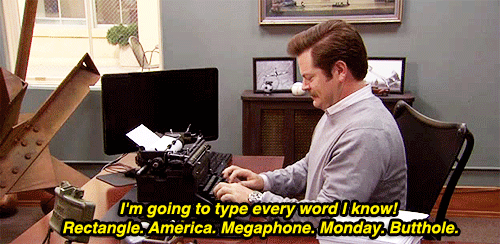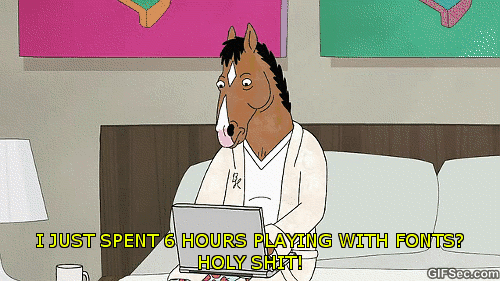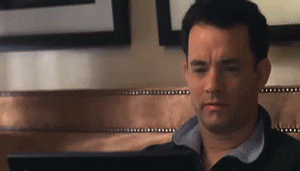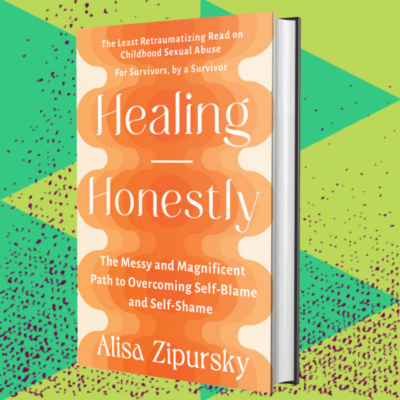This story does not contain any descriptions of sexual violence or trauma
Writing as an offering to yourself and your healing
When sitting down to write, it’s easy to feel a tremendous amount of pressure. Sometimes I feel like I have to write something profound, other times I have a great fear of what other people will think about my words. There are days when I’m afraid of what I’m going to have to say once I actually start typing my thoughts out.

At the same time, writing can be an incredibly therapeutic practice for me. Through writing, I can better understand and put into words what I’ve been feeling and experiencing in my healing. It can help me to process the ways my trauma is manifesting itself in my life and, in turn, helps me to manage that better. Writing has also helped me to communicate what the hell I’m going through, which has given me a greater sense of agency and power in my healing.
Therapeutic writing and storytelling has been around since forever. It is a practice developed and grounded in the history of black and indigenous women, so I have not invented anything new. I just want to share with you what I’ve learned a lot about what kind of writing feels supportive and therapeutic for my healing. I want to offer some of what I’ve learned to all of you, in the hope that if you’ve been thinking about writing that maybe this makes it a little easier to get started.
1. Starting small with a simple routine
Like any practice, a writing practice requires…well…umm….practice? It gets easier with time and the more I sit down to do it the fewer barriers I have to getting started. For me, I am a creature of habit so I like to write in the same sweatpants, in the same part of my apartment, drinking the same coffee, listening to the same playlist, with my same muppet/puppy by my side. The familiarity of that space helps my brain more readily access the parts of it that want to be expressed through writing.
A strategy I use for developing and strengthening my writing routine is to sit down and ask myself to write only three things. Those three things may be all I write for the day and that’s totally enough and totally cool. I write down three things that feel gratitude towards today. And yes, I know it sounds kind of woowoo but honestly, writing those three things (of which nearly everyday one is listed as ‘the puppy’) does actually help me a lot. It’s helped me to understand how calm I feel when I can focus on the sun shining, and it’s helped me to acknowledge when good things have happened in my life, and it’s helped me start to write.
Today I feel gratitude towards:
So often when we think of writing we think we have to produce EPIC sweeping stories. But writing three things we feel gratitude towards is writing, and it sure as shit is therapeutic for me. Plus, we all definitely have time for that. Start where you start and trust that it is enough.

2. Writing with intention of never showing it to anyone
I know how easy it is when writing to get hung up on what people will think of what you’re saying, whether you’re worried about hurting someone’s feelings or revealing something deeply personal about yourself. Those worries can prevent us from writing anything at all. When writing, I tell myself that no one is ever going to see what I’m writing. My is writing for me. Ultimately, whether I choose to share what I write with others is secondary, it’s really about what comes out me when no one else is reading that can have such therapeutic value in my life.
Don’t think about the audience. Think about writing and telling your story to yourself because most often, if you’re a marginalized person, a marginalized woman, you’ve never really, truly been centered. And so I think that to sit with yourself and center your own experiences and truth and story, that’s powerful alone. And that’s revolutionary for a girl to sit alone at her desk to tell her story. – Janet Mock
3. Instead of writing what scares you – write about what makes you curious
It’s a very common refrain: write what scares you. I’m here to tell you that’s overrated. You totally can write about what scares you, but I think telling survivors to write what scares us puts a lot of pressure on us to go to the darkest corners of our minds and trauma, and there is so much value in expressing ourselves without having to go to those darkest places if we don’t want to. Also, it can be hella triggering. We are so much more than the most traumatic thing that happened to us, and it is definitely NOT the most interesting thing about us!
Instead, I write about what makes me curious, including what I might be feeling confused or conflicted about. My best writing has been when I’m trying to figure out an idea that doesn’t make sense to me, or I’m experiencing conflicting emotions about something. I’ve found when I approach my conflicting feelings and thoughts with curiosity I can learn a lot about myself through my writing.

4. Honoring boundaries
You don’t have to write about anything you don’t want to! There are many subjects I do not write about, even though they would be super relevant to what I talk about. There are certain relationships in my life I keep private and details of my trauma I don’t share, even when directly asked about it. These are my own boundaries, and I work hard to honor them and uphold them no matter what. Whatever your boundaries are, I encourage you to honor them too. I promise you there is plenty for you to express about without violating your boundaries of what you don’t want to write about.

5. Writing with a kindness towards yourself
When writing, I find myself often running up against a lot of my negative self-talk ingrained in me from years of trauma. I may diminish what I’ve been through, or get wrapped up in feelings of guilt or shame. In those moments, it is important for me to take time to write with a lens of kindness towards myself. It’s been surprising and awesome to see what I’ve written when I try to look at myself and my emotions with curiosity and patience. I try not to let the idea of perfection stand in my way to writing. Sometimes what I write looks real messy and there’s great value in that too. Whatever you are writing is because that’s where you are right now in your words and in your healing, and that’s exactly where you should be.

6. Staying mindful what’s happening in your body while writing
I’ve had several experiences of writing where I’ve unintentionally triggered my trauma. The first time it happened it surprised me a lot and I thought it was best to try to “power through” the trigger. I’ve learned that it is best to honor how I’m feeling and take a rest from writing when triggered, even if that rest needs to be weeks-long. Through practice, I’ve learned to pay attention to how I’m feeling in my body while writing. Is my heart racing? Does my stomach hurt? Is my body showing signs of being triggered? When I do trigger myself, I focus on what I know to be therapeutic for myself, including speaking with my trusted therapist, going boxing, and spending time with my puppy, until I feel it is safe to return to writing again.
In the upcoming weeks I’m going to also write a story that includes some of my favorite writing prompts to help get you started in writing, so keep an eye out for that!
Do you have any strategies to add to this list? If yes, please send me your ideas at Alisa@healinghonestly.com!
What to learn more about therapeutic writing?
If you enjoyed this story, you may be interested in learning more about my in-person Writing through Healing Workshop where we learn about and practice therapeutic writing as a tool in healing. To learn more send me an email through my contact page and we can talk about working together.

